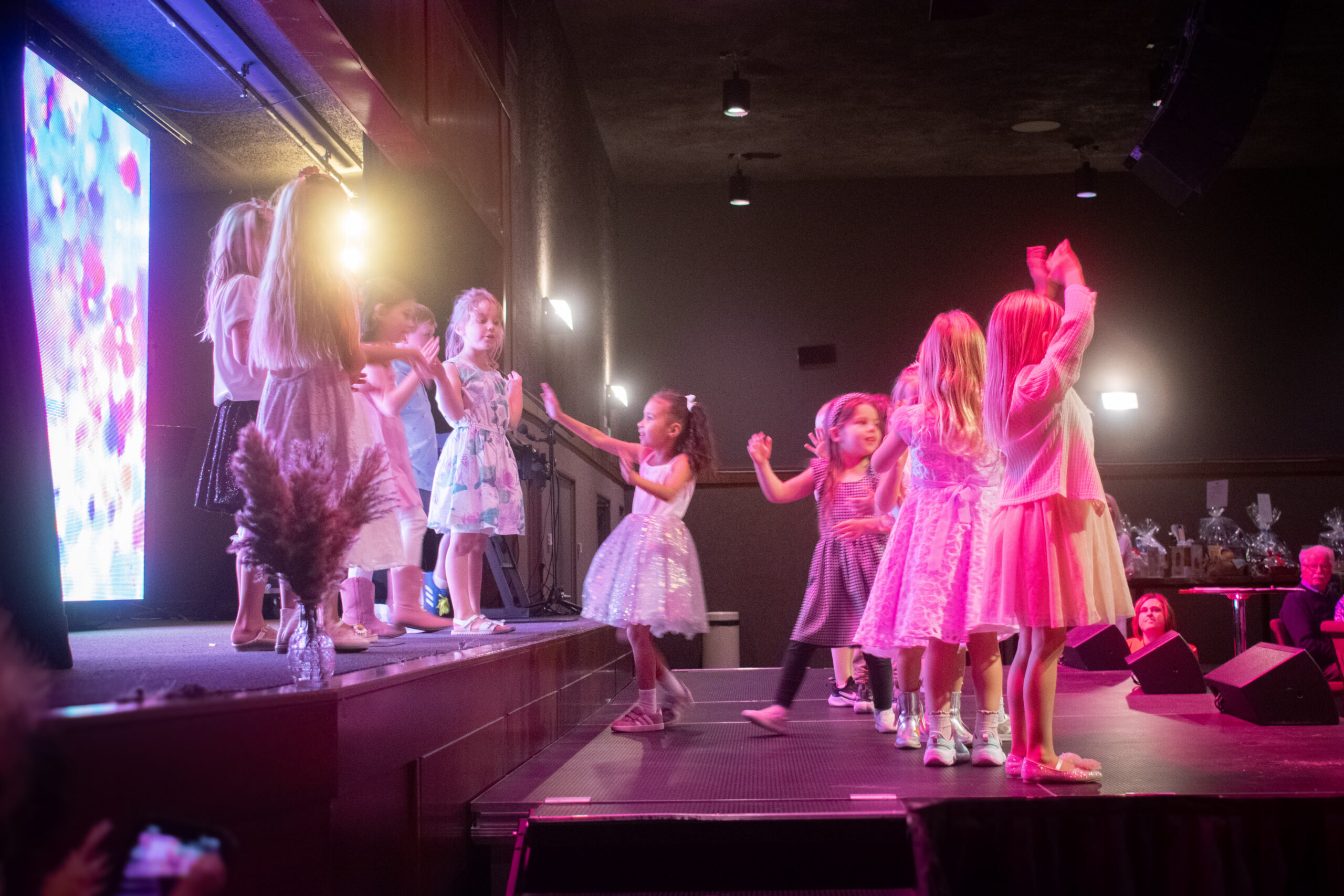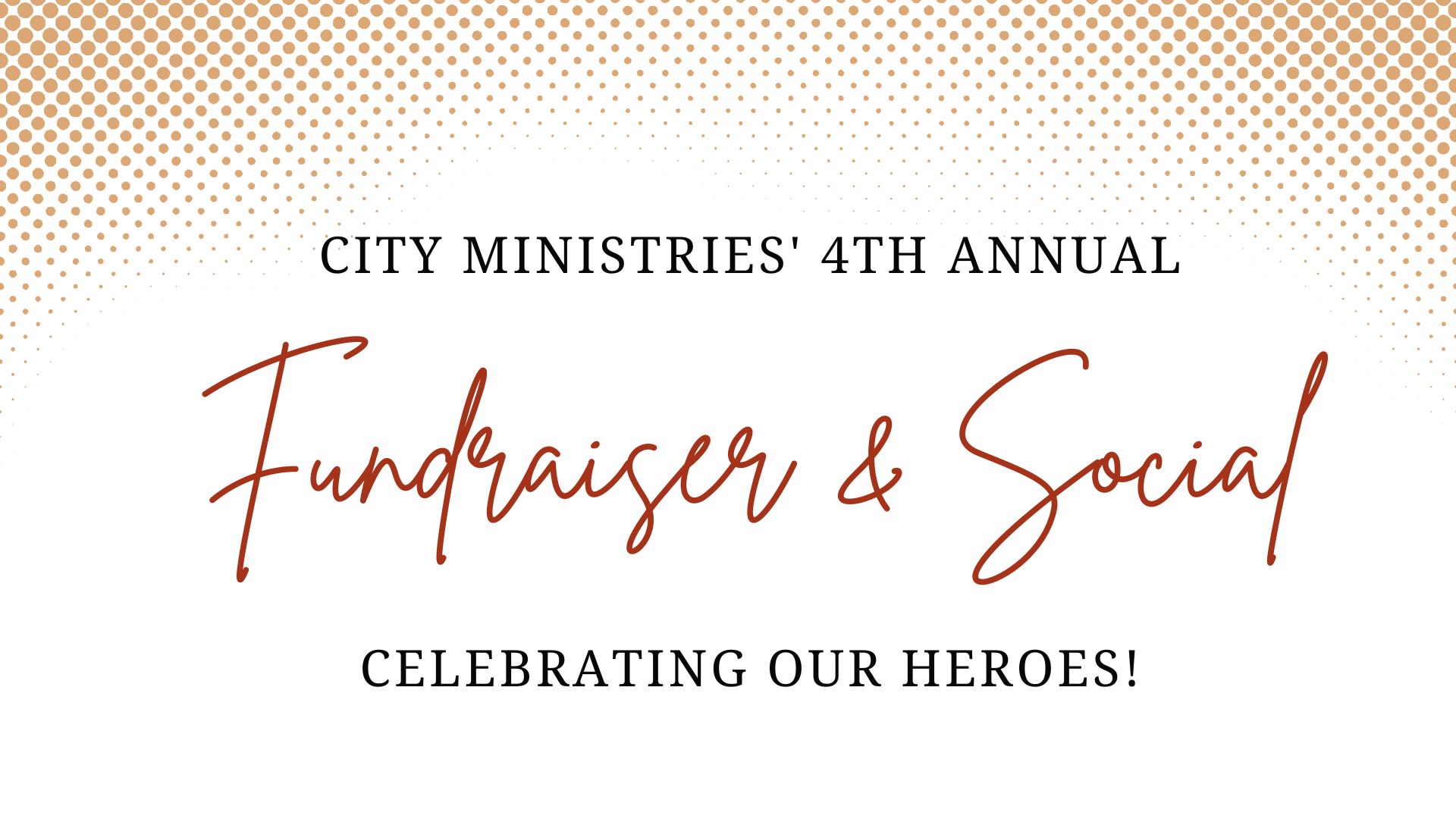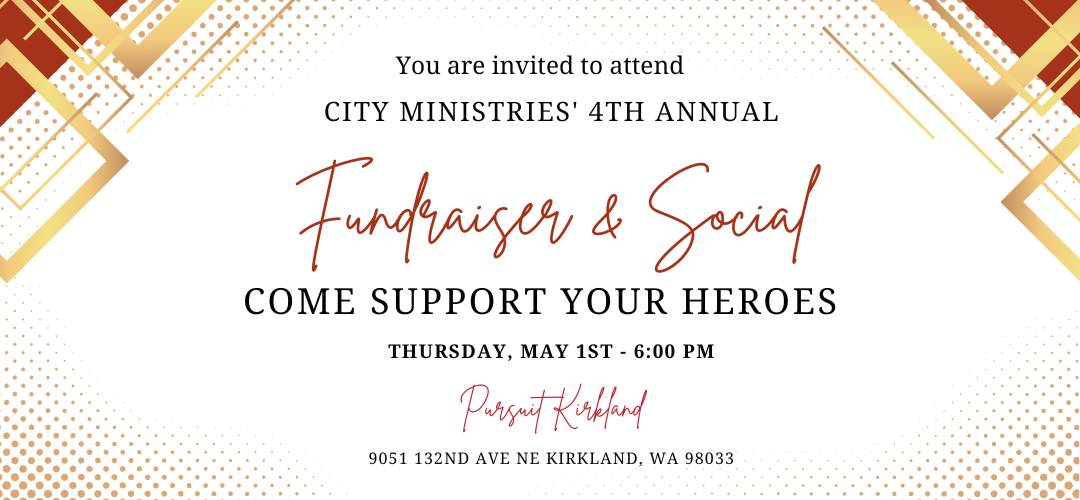Dr. John DeGarmo was right when he said, “Not everyone can be a foster parent, but everyone can help a foster child.”
This quote never meant more to me than when we got our first placement.
At two years old, he came into our home as a pint-sized ball of energy and emotions. To say I was overwhelmed is an understatement. I quickly learned he hit, spit, and wasn’t afraid to use some foul language.
I’ll never forget the first day we took him to our church’s preschool department.
I wanted to prepare this sweet lady for what might come. I went overboard in explaining how foster children can have challenging temperaments. I prepped her for his tendency to spit and hit other kids.
And I warned her there might be a chance he would use some profanity. My biggest fear was him teaching the other kids some of these words. The teacher assured me all would be fine.
Before leaving, I knelt so I was eye to eye and begged him to behave. I then kissed him goodbye. And hoped for the best.
I wish I could tell you that when I went to pick him up, the teacher informed me he was an angel. That she didn’t see an iota of the behavior I was describing. But that’s not what happened.
It was the opposite.
That’s right – everything I was afraid would happen, happened.
She told me he spit on other kids. He threw a few toys. And he even used the f-word. I was mortified. I thought for sure we would be asked not to come back. And I wouldn’t even blame her.
But here’s the part that surprised me the most – it didn’t faze her.
There was no judgment or frustration. She hugged me and told me what a good job we were doing. I was in disbelief.
She praised our foster child for washing his hands so well (the one thing I think he did without any pushback). Said she loved having him and appreciated his energy.
The teacher was accepting, kind, and generous with her patience. She said to my little guy as we were leaving, “I can’t wait to have you back here next week.” And she was completely genuine.
Her words made me instantly feel loved, supported, and cared for.
This teacher was not a foster parent, but she was helping foster children – specifically my foster child. And for that, I loved her. That day I knew she would be a special resource for me as I cared for our little guy.
As a foster parent, I’m here to tell you what an important role churches play when it comes to supporting children experiencing the foster care system.
If your church would like to know how they can be a support system for foster families, reach out to City Ministries Child Placement Agency. We’re a private foster agency in the greater Seattle area.
Email us today for tangible ways your church can support foster children and their families.
James 1:27 reminds us as Christians that “true love means looking out for the widows and the orphans.” Churches are game-changers in the foster care system. We foster parents can’t do this alone – we need your support as we care for this vulnerable group.
Most people would love to help foster children but have no idea how to get started or even what to do. Good news, you’ve come to the right place. This article will take a deep dive into ways churches can support foster families.
But first, let’s discuss why churches must be involved with the foster care system.
The Importance of Church Involvement in Supporting Foster Children.
Support from the church makes a significant difference in the life of a child in care and their foster families for many reasons, including:
Emotional and Spiritual Support.
Foster parenting is emotionally draining.
Churches provide a place for emotional healing and resilience. Church communities are encouraged to pray for one another and carry one another’s burdens. And this is a huge need for foster families.
Churches can help with emotional and spiritual support in several ways, including:
- Creating Community of Care: A church community gives foster families a place to turn to for the good and the bad. For a child experiencing the foster care system, church support provides another form of consistency.
- Active Listening: Foster parents and their children in care often need a safe place to talk – someone to hear their struggles, concerns, and successes. Churches can provide a pillar of support by lending an ear.
- Safe Environment: Churches are spaces where kids can be kids. It’s a place where parents can let their guard down. This emotionally safe environment is a healing space for foster children who’ve experienced trauma, neglect, or abuse.
- Prayer: The power of community prayer is uplifting and encouraging for foster families. Knowing a whole community is praying over a child reminds foster parents they aren’t doing this alone.
- Hope and Inspiration: Churches, by nature, create a sense of hope. This hope offers foster families the confidence to keep going – especially when things are tough. Hope comes through sermon messages, worship, or community events.
Providing emotional and spiritual support, churches can connect with foster children and their parents in a meaningful, life-changing way.
Community and Belonging.
Children experiencing the foster care system often face social stigmatization and lack a stable community where they feel like they belong. Churches meet this need by offering a sense of belonging and acceptance. Both are crucial for foster children’s emotional well-being.
Ways churches promote community and belonging include:
- Regular Social Interactions: Foster families and their children can interact with a supportive church community during weekly services, social events, and other activities. These consistent interactions are essential for foster children who may have experienced instability or neglect.
- Youth Groups: These groups can be pivotal in the life of a foster child. They offer children a social circle and connect them to positive mentors and role models who can have a lasting impact on them. Youth groups provide a safe peer group that builds a child’s self-esteem.
- Acceptance: Feeling accepted and a part of a bigger group of people can be transformative for a child experiencing the foster care system. Churches often preach about the importance of loving one another as Christ loved us. This sort of belonging can impart a sense of self-worth and healing for a child in care.
The community and sense of belonging churches provide a support system that nurtures foster children emotionally, socially, and spiritually.
As you support foster children in some of these intimate ways, please remember any information you learn about a child is confidential and can’t be shared with others. If a child in care discloses any information of abuse or neglect, you need to follow the mandatory reporter steps outlined by the state of Washington.
Respite Care.
Becoming a licensed respite caregiver and providing temporary care for foster families is one of the greatest gifts a church can give.
Respite care is essential for foster families for several reasons, including:
- Preventing Burnout: Foster parenting is demanding. Ongoing caregiving without breaks can lead to burnout. When a family burns out, the foster child has to transition to a new home, impacting their overall well-being.
- Strengthening Family Bonds: A respite break gives foster families a chance to recharge and reconnect with each other. Parents and children need this time to strengthen their family relationships.
- Support for Biological Children: Respite care is essential for biological kids, who often feel the strain a foster sibling brings. Biological children benefit from some focused attention from their parents. Again, this helps maintain the foster placement.
- Community Solidarity: By providing foster families respite care, churches send a clear message – we’re here for you as you care for a foster child. Of course, not everyone can become a full-time foster parent. But plenty of people can provide this much-needed respite care support.
When churches offer respite care, it reminds foster families they’re invested in both the well-being of the placement and the family as a whole. Churches play a pivotal role in maintaining foster placements by organizing respite care.
If you’re interested in becoming a licensed respite provider, email us today. We’d love to get you more information.
Mentorship and Guidance.
Mentorship and guidance have a profound effect on the lives of both foster families and the children in their care. With a community-driven focus and skilled pastoral care, churches are perfect for these services.
Churches can provide mentorship and guidance in many ways, including:
- One-on-One Mentoring: Adult church members can serve as mentors for youth experiencing the foster care system. They’re another consistent adult influence who’s able to offer emotional support and help in skill development.
- Family-to-Family Support: Experienced foster families can serve as mentors to newer ones. A new foster family benefits from the support, insight, advice, and encouragement of seasoned foster families. Connecting foster families with each other is a great way to provide additional support for the children in their care.
- Counseling Services: Often churches have a pastoral care department or partner with Christian counselors. These counseling services focus on the specific needs of foster children and placement struggles.
- Workshops and Seminars: Churches can host workshops on topics relevant to foster care. Hosting workshops on trauma-informed care, navigating the legal system, or balancing family structures provides valuable information.
Mentorship and guidance give a foster child emotional stability, life skills, parental support, spiritual development, and empowerment.
Advocacy.
Churches play an important role when it comes to advocating for foster children and their families. They do this by leveraging their influence, resources, and connections in the community.
There are a few ways churches can advocate for foster families, including:
- Public Awareness Campaigns: Churches can use their platform to bring awareness to the needs and challenges of the foster care system. This can be done during a service, on social media, in newsletters, or by handing out flyers.
- Partnering With Organizations: Partnering with organizations that are already advocating for foster children is a great way to lend support. Churches can join forces with these organizations and help with fundraising, finding volunteers, or hosting events.
- Providing Resources: A child comes into care with very little of their personal belongings. Church members can supply necessary items such as school supplies, clothing and jackets, sports equipment, and car seats. This helps ease the financial burden for foster families.
When churches advocate for a child in care, they’re being the voice for the voiceless.
If your church is ready to start supporting foster children and their families but doesn’t know where to start, here are some easy ways you can help.
5 Ways Your Church Can Make an Impact on the Foster Care System.
With over 6,000 kids in foster care in the state of Washington, there are plenty of ways you and your church can support these kids. And guess what? You don’t even need to get licensed to make a difference.
Here are five ways (with examples) you and your church can support foster families:
#1. Donation Drives.
Your church can organize donation drives specifically aimed at supporting foster children. Here are a few ideas to get you started:
- Get a list of needed items such as clothing, backpacks, or car seats.
- Connect with local businesses for sponsorship.
- Have church members promote the donation drive within their social circles.
- Create care packages for children to receive when they enter care.
Email us for more ideas on the needs of children in care and the items that are in demand.
#2. Church-Based Fundraising.
If a donation drive isn’t your preference, consider hosting a fundraising event. Plan a festive event at your church where people can socialize, get dressed up, and make a difference in foster care.
Here are some creative fundraising ideas:
- Benefit concert or performance
- Art auction
- Community-run/walk
- Pancake breakfast
- Holiday gift wrapping
You can turn any church fellowship event into a fundraiser for foster care.
#3. Time and Skills.
Supporting foster families doesn’t have to be an elaborate event. Your time and skills are priceless gifts for foster children and their families.
Here are a few examples:
- Set up a meal train or host freezer meal parties.
- Help carpool or transport the foster child to their appointments.
- Offer to babysit free so foster parents can have a night off.
- Mentor a child or help them with their school studies.
- Provide after-school programs such as art or music classes.
Churches are full of people with a wide range of skills and specialties that can easily be used to help foster children and their families.
#4. Financial Assistance.
Financial assistance doesn’t mean simply writing a check to foster families. It’s about thinking outside the box and finding creative ways to care for a foster family’s financial needs.
Some examples include:
- Paying for the expenses attached to a sporting or other extracurricular activity.
- Offering scholarships for educational needs or counseling services.
- Providing funding for vocational training for older foster youth.
- Supplying vouchers or subsidies for childcare services.
- Collecting and distributing gift cards for groceries, clothing, gas, and other necessities.
Any financial support makes a difference for a foster family.
#5. Connection and Belonging.
Foster children need to know they belong and matter. What better way for them to feel this than within the body of Christ?
Simple ways churches can connect with foster families include:
- Hosting support groups where foster parents can meet up.
- Celebrating a foster child’s achievements and milestones with the family.
- Starting a big brother or sister program by pairing foster children with older youth or young adults.
- Connecting foster families with prayer partners committed to praying regularly for them.
- Encouraging church members to check in with foster children and their families.
It doesn’t take much to show foster families they matter and are supported by the church.
A Call to Faithful Action – Where to Get Started
Matthew 25:40 reminds us, “I tell you the truth, whatever you did for one of the least of these brothers of mine, you did for me.”
The Bible makes it clear we are all called to care for children experiencing the foster care system. Some are called to be full-time foster parents and others are called to adopt. But we can all do something for this vulnerable group of people.
Answer God’s call and start a foster family support ministry at your church today.
We will be having a Child Placement Agency (CPA) Interest meeting on Sunday, November 12th at 12:00 p.m. at the Aaron Haskins Sr. Community Center. This is a great opportunity to learn more about how you can partner with us.
Get more information on becoming a:
- Licensed foster parent
- Donor
- Volunteer
It’s okay that not everyone can be a foster parent. Thankfully, there are so many ways you can volunteer and step up and support foster children and their families.
References:
-“Shrink WA foster care safely with investment in social safety net.” 22 May. 2023, https://www.seattletimes.com/opinion/editorials/shrink-wa-foster-care-safely-with-investment-in-social-safety-net/. Accessed 4 Oct. 2023.



